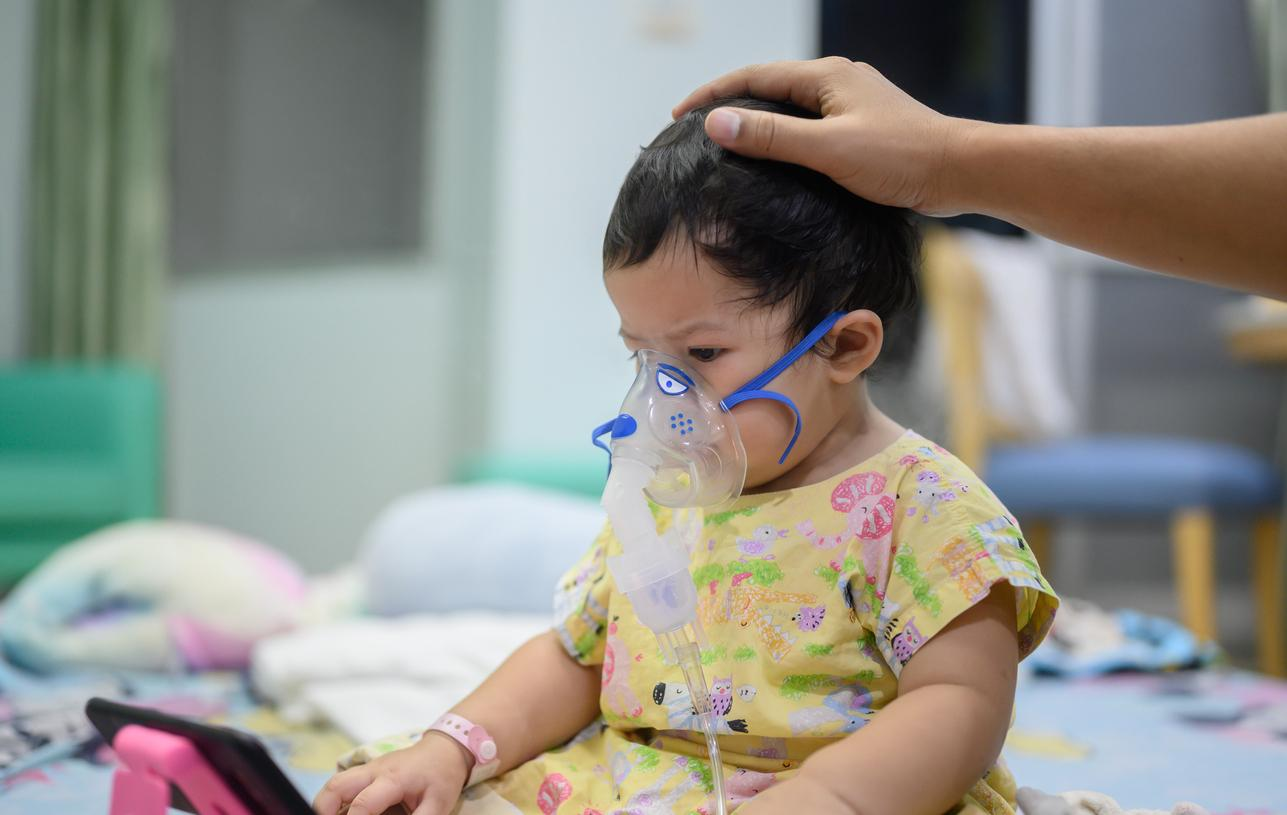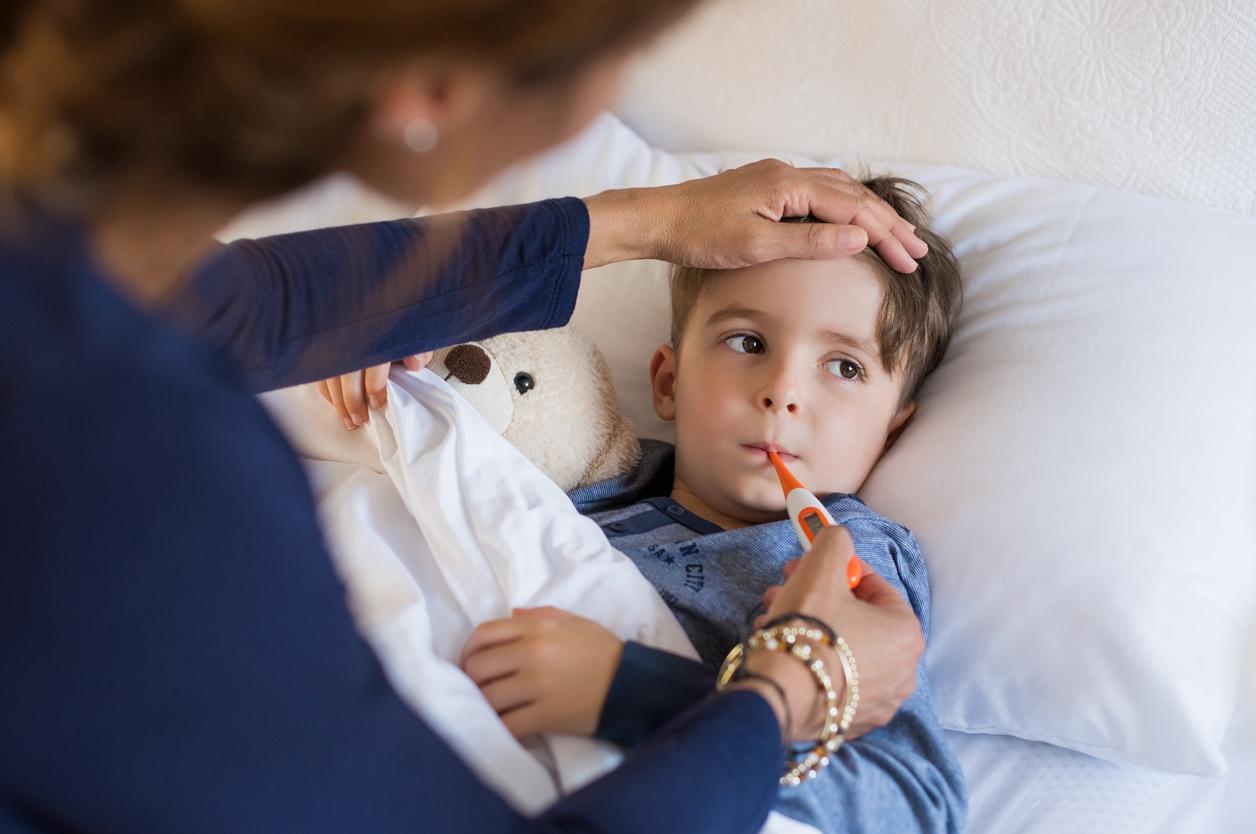
The preventive monoclonal antibody nirsevimab (Beyfortus) was 89% effective against infant hospitalization in Alaska for respiratory syncytial virus (RSV) in their first RSV season and 76% and 88% effective against medically attended illness for those in their first and second seasons, respectively, estimates a study published yesterday in Morbidity and Mortality Weekly Report.
Researchers from the US Centers for Disease Control and Prevention (CDC) and their partners in Alaska analyzed rates of hospitalization and the receipt of outpatient or hospital care among 472 infants younger than 20 months treated for respiratory virus infection in Alaska's Yukon-Kuskokwim Delta region, located on the state's west coast, in the 2023-24 respiratory virus season.
"Historically, American Indian and Alaska Native (AI/AN) children have experienced high rates of RSV-associated hospitalization, with threefold to sevenfold higher rates in Alaska's Yukon-Kuskokwim Delta region than in other U.S. areas," the study authors wrote.
88% effective against need for treatment in second season
Of the 472 children with medically attended visits (14% hospitalization, 70% emergency department, and 16% outpatient clinic), 14% tested positive for RSV, and 86% tested negative. The median time from nirsevimab receipt to a medical visit was 91 days. In total, 48% overall had received nirsevimab at least 7 days before their medical visit (median, 91 days).
Historically, American Indian and Alaska Native (AI/AN) children have experienced high rates of RSV-associated hospitalization, with threefold to sevenfold higher rates in Alaska's Yukon-Kuskokwim Delta region than in other U.S. areas.
Among the 292 children in their first RSV season, nirsevimab was 76% effective (95% confidence interval [CI], 42% to 90%) against medically attended RSV and 89% effective (95% CI, 32% to 98%) against hospitalization.
Estimated nirsevimab effectiveness against RSV requiring medical care among the 180 children in their second RSV season was 88% (95% CI, 48% to 97%). Effectiveness was 90% at 7 days to 3 months and 77% 3 to 6 months post-receipt, but the authors noted wide and overlapping confidence intervals.
"These findings support current CDC recommendations for all infants in their first RSV season to either receive nirsevimab or be protected through maternal vaccination and for children entering their second season with increased risk for severe RSV illness, including all AI/AN children, to receive nirsevimab," the researchers concluded.














